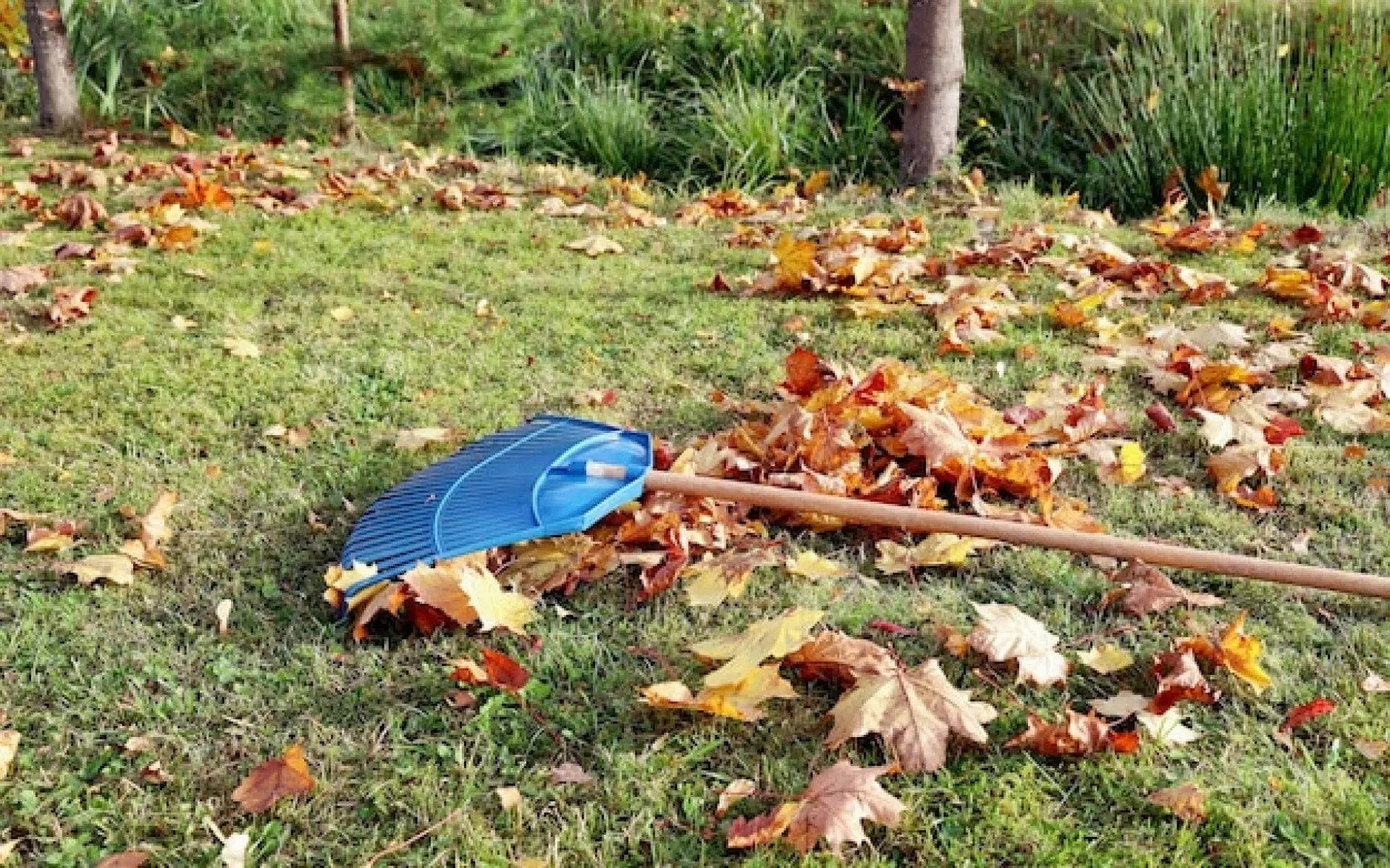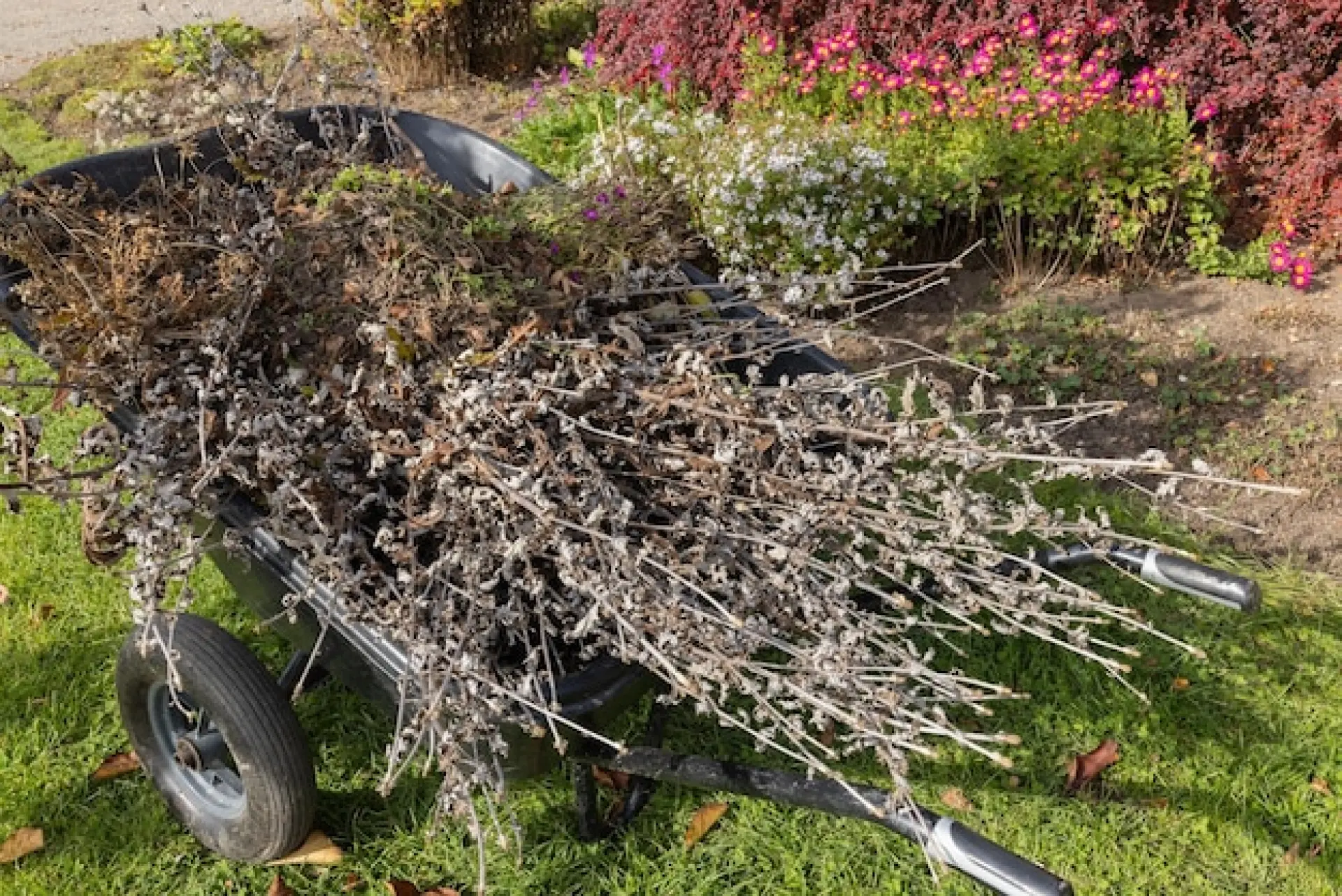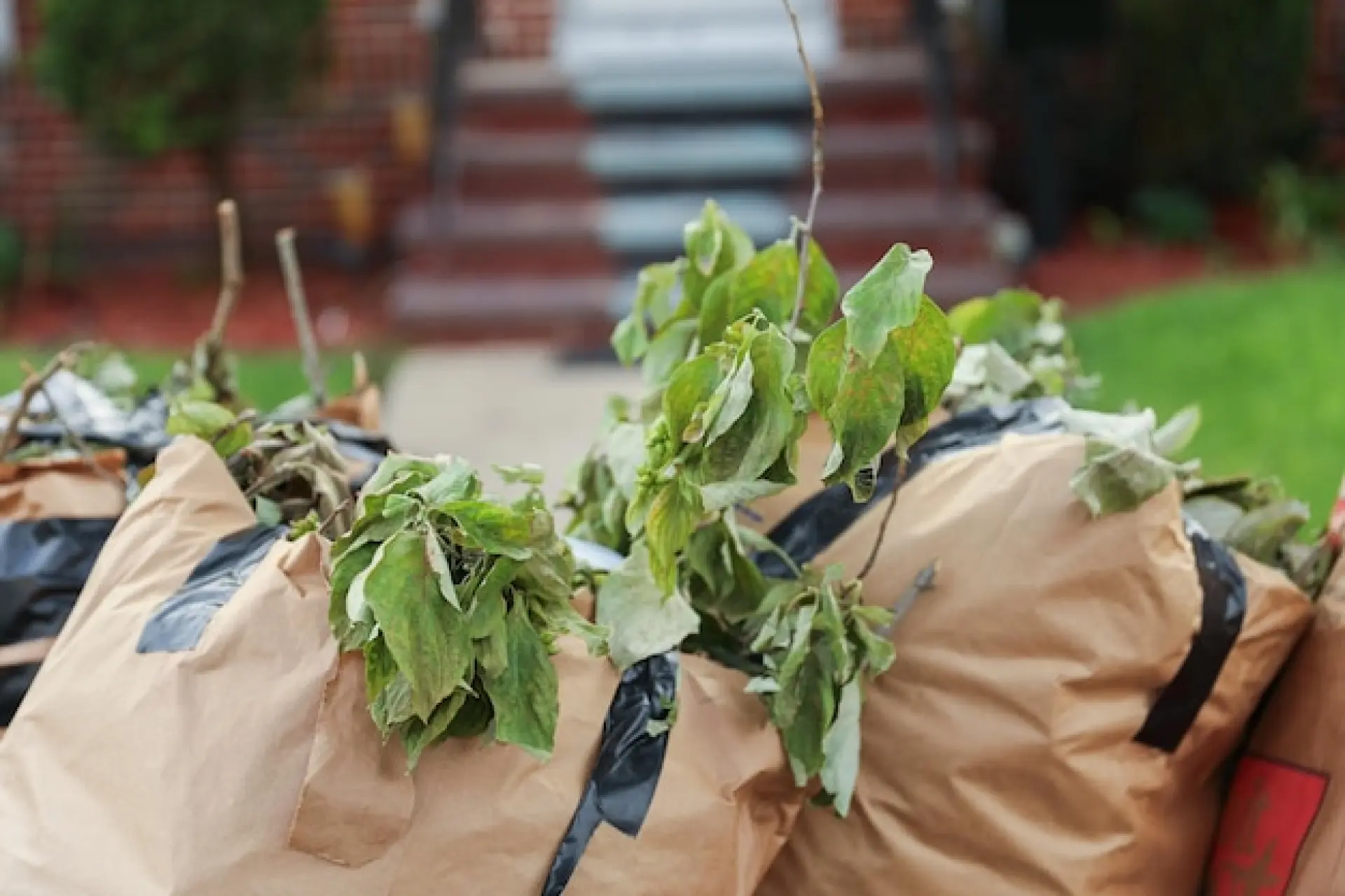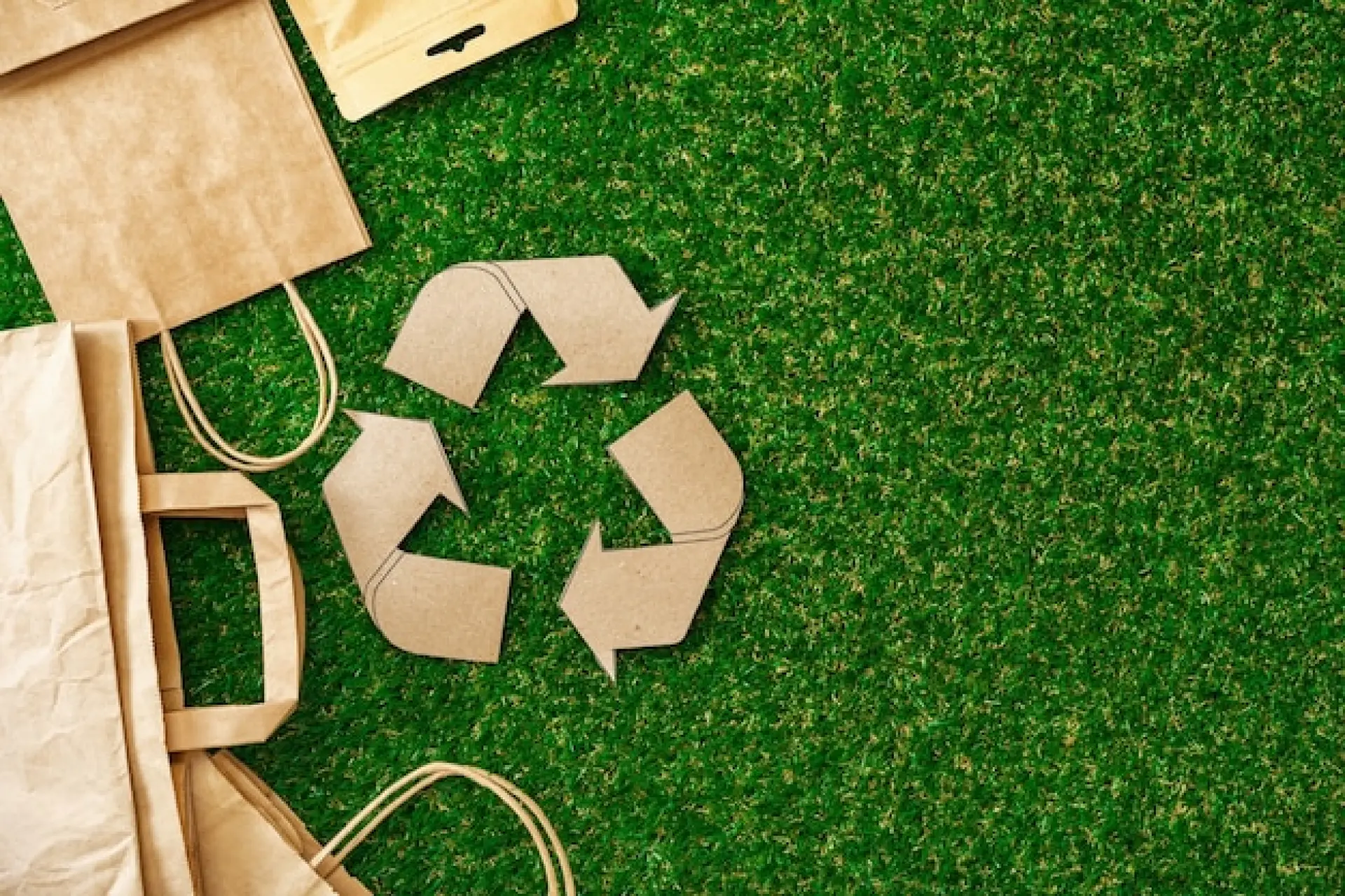Learn the best practices for garden waste removal! Discover why correct disposal methods help protect your garden & environment, and reduce carbon emissions.
Why Proper Garden Waste Removal Matters
Keeping your garden tidy is not just about making it look nice; it also helps the environment and keeps your outdoor space safe. Garden waste, like fallen leaves, grass cuttings, and broken branches, can pile up quickly. If left unchecked, it can attract pests, create unpleasant smells, and even become a fire hazard.
Proper garden waste removal ensures that your garden stays healthy. Decomposing plants can spread diseases to your flowers, trees, and shrubs. By removing waste regularly, you protect your plants and keep your garden looking fresh.
Garden waste can also take up valuable space. Large piles of cuttings and branches make it harder to enjoy your garden or use it for other activities. By clearing it away, you create a more usable and pleasant outdoor space for your family.
Another important reason for proper disposal is the environment. Dumping garden waste in the wrong place can harm wildlife and pollute the soil and water. Many councils have rules about how to get rid of garden waste properly. Following these rules helps keep your local area clean and green.
By removing garden waste correctly, you also help reduce carbon emissions. Waste that ends up in landfill sites releases harmful gases, such as methane. Composting or recycling garden waste is a much better option for the planet.

What Is Considered Garden Waste?
Garden waste includes many things that come from looking after your outdoor space. It is important to know what counts as garden waste so you can dispose of it in the right way.
Common Types of Garden Waste
The most common type of garden waste is organic waste, which includes:
• Grass cuttings from mowing the lawn
• Leaves that fall from trees
• Small branches and twigs
• Dead plants and flowers
• Hedge trimmings and prunings
These types of waste break down naturally over time, making them ideal for composting or green waste recycling.
Bigger or Bulkier Garden Waste
Some garden waste is much larger and heavier, making it harder to handle. This includes:
• Large branches and logs from tree cutting
• Tree stumps and roots
• Old turf from redoing a lawn
• Bags of soil, stones, and rubble from landscaping projects
These types of waste may need special disposal methods, as they do not break down as easily as grass and leaves. Some local councils accept them in green waste collections, while others require you to take them to a recycling centre.
What Is NOT Garden Waste?
Some things found in the garden are not considered garden waste. These include:
• Plastic plant pots and seed trays
• Broken garden furniture
• Old tools, hoses, and decorations
• Artificial grass or synthetic materials
These items should be recycled or disposed of separately, as they do not decompose like natural garden waste. Mixing them with organic waste can cause problems for composting and recycling processes.
Why Sorting Garden Waste Matters
Sorting your garden waste properly helps ensure it is disposed of in the best way. Organic waste can be composted, larger items may need special handling, and non-organic materials should be recycled. By knowing what counts as garden waste, you can keep your garden tidy and help protect the environment.
Eco-Friendly Ways to Dispose of Garden Waste
Disposing of garden waste in an environmentally friendly way is good for nature and can even help your garden grow! Here are some of the best ways to handle garden waste without harming the planet.
One great way is composting. Composting turns things like grass cuttings, dead leaves, and plant trimmings into nutrient-rich soil. This is great for your garden because it helps plants grow stronger. All you need is a compost bin or a small compost pile in your garden.
Another option is using your local council’s garden waste collection service. Many areas in the UK provide special bins for garden waste. These are collected and taken to composting centres, where the waste is turned into compost for parks and gardens.
You can also consider mulching, which means spreading small garden waste like leaves and grass cuttings over the soil. This helps keep moisture in the ground and prevents weeds from growing.
If you have large branches or logs, consider reusing them. They can be used for garden borders, wildlife habitats, or even firewood if they are dry and safe to burn.
By using these eco-friendly methods, you reduce waste and help the environment at the same time!
When to Hire a Professional Garden Waste Removal Service
Sometimes, garden waste piles up too quickly or is too difficult to manage on your own. This is when hiring a professional garden waste removal service can be a good idea.
One reason to call a professional is if you have a large amount of waste. If you have trimmed several trees or done a big garden makeover, you might end up with more waste than your bin can handle.
Another reason is if you have heavy or bulky waste, like large branches, tree stumps, or bags of soil. These can be difficult to move, and professionals have the right tools and vehicles to take them away safely.

Professional services are also useful if you don’t have the time or equipment to deal with garden waste. Some people don’t have a car to take rubbish to the tip, while others might not want to spend their weekend hauling garden waste around.
Lastly, hiring a professional is helpful if you need to follow local waste disposal rules. Some councils have strict rules about how and where garden waste should be disposed of. Professionals will make sure everything is handled correctly and legally.
If you ever find yourself struggling with garden waste, a removal service can save you time and effort!
Burning Garden Waste: Is It a Safe Option?
Burning garden waste may seem like a quick and easy way to get rid of leaves, branches, and other debris, but it comes with risks. Before you start a fire, it’s important to consider the dangers, the environmental impact, and local laws.
Potential Risks and Environmental Impact
One of the biggest concerns with burning garden waste is the harmful smoke it produces. Burning leaves, damp wood, and plant material releases carbon dioxide and other pollutants into the air. This can be bad for people with asthma or breathing problems and can reduce air quality in your neighbourhood.
Fires can also be a serious safety risk. If not controlled properly, a small garden fire can quickly spread, especially in dry or windy conditions. This could damage property, harm wildlife, or even cause injury.
Local Regulations on Burning Garden Waste
In the UK, different councils have different rules about burning garden waste. Some areas allow it, while others have strict bans, especially in urban areas where smoke can disturb neighbours.
Even if burning is allowed, there may be rules such as:
• Only burning dry waste to reduce smoke
• Not burning waste on windy days
• Keeping fires small and controlled
• Only burning at certain times of the day
It’s important to check with your local council before lighting a fire to avoid fines or complaints.
Safer Alternatives to Burning
Instead of burning, consider composting your garden waste, using a green waste bin, or taking waste to a recycling centre. These methods are much better for the environment and prevent air pollution.
If you must burn garden waste, do it safely by choosing a dry, wind-free day, keeping a hose or bucket of water nearby, and never leaving the fire unattended.
By following safe and legal waste disposal methods, you can keep your garden clean while protecting the environment and your community.
Looking for a professional waste removal service? J.S Movers UK Ltd provides reliable and eco-friendly waste disposal solutions to keep your home and surroundings clean. Whether you need to remove household rubbish, garden waste, or bulky items, we handle it all safely and efficiently.





